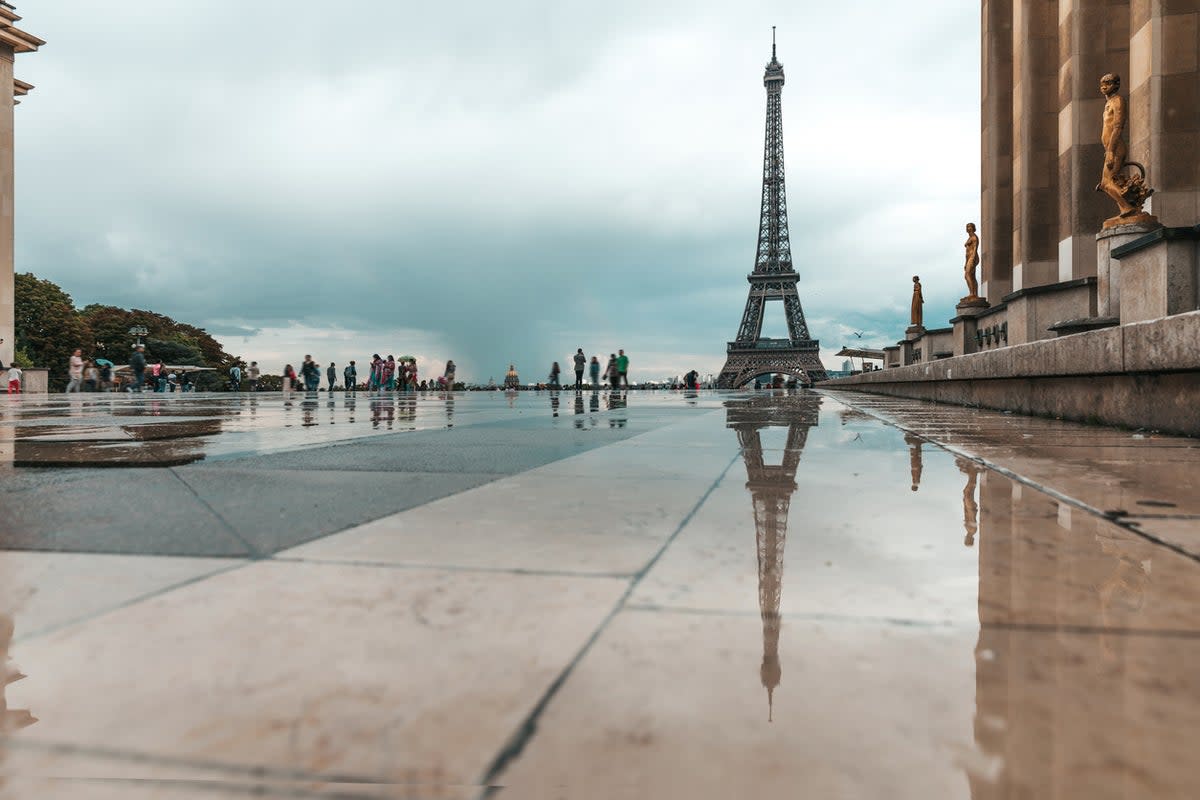What is Paris syndrome? How culture shock can kill a trip

An American tourist recently suffered some serious disappointment when France failed to deliver on her dream travel experience.
Angela, a beret-bearing blogger from San Fransico, tearfully took to TikTok to express her distress that she felt “isolated” for not speaking the native tongue while visiting the French city of Lyon over the New Year.
She said: “I almost feel stupid for coming here and spending money”, before adding: “I‘m here to learn and explore but the experience is just... I don’t really like it.”
The video has been viewed over 6.8 million times since it was posted last week with the caption “France made me cry” and public opinion on cultural etiquette while travelling abroad has been divided.
Surprisingly, Angela is not alone in her city break culture shock – especially when it comes to France.
Tourists who do not land to an idealised image of French cities, particularly in the capital – the affluent and attractive metropolis primed for romance we’ve watched for so long on-screen – note how a filthy, loud and overcrowded underbelly of Paris has left them underwelmed or even deeply shocked.
In cases where the shock is so complete it creates visible symptoms, it is known as Paris syndrome.
What is Paris syndrome?
Paris syndrome is often defined as a “state of severe culture shock”.
Physical and psychological symptoms when Paris fails to live up to expectations have been known to include hallucinations, a rapid heart rate, dizziness and nausea.
When did it first appear?
The late 20th-century disorder was named by a psychiatrist, Hiroaki Ota, in the 1980s.
It is thought a combination of factors explains why victims of the syndrome are almost exclusively Japanese. These are the Parisian picture of perfection in Japanese pop culture, a tricky language barrier and harsh cultural contrasts, to name just a few.
Several Japanese tourists have been admitted to psychiatric clinics for treatment in extreme cases since the early 2000s.
Is it real?
Yes – although it is rare.
Around 20 Japanese tourists are afflicted by the ailment each year. Unconfirmed reports even claim that the Japanese embassy in Paris has a 24-hour emergency hotline for those suffering from genuine symptoms of shock related to travel trauma.
Is it exclusive to Paris?
Similar psychiatric symptoms have been known to strike tourists visiting Jerusalem. Triggered by the proximity of holy places, a psychotic state of paranoia can afflict travellers and pilgrims in the city, often linked to an intense religious experience.
Elsewhere, in Florence, holidaymakers overcome by the Italian city’s art and architecture may experience Stendhal syndrome – paranoia and palpitations brought on by the historic significance and beauty of what they see before them.
How to avoid Paris syndrome?
Remember, Paris suffers the same flaws as most cities (London included). Removing the rose-tinted glasses to embrace the reality of overcrowded tourist zones and aloof attitudes from locals could help to combat potential disappointment.
Consult our Paris travel guide for everything from when to go and what to know about the French city break.
For those who can’t let go of their on-screen dreams, here’s our guide on how to do the French capital like Emily in Paris, whether your budget is champagne or ‘champère’.


